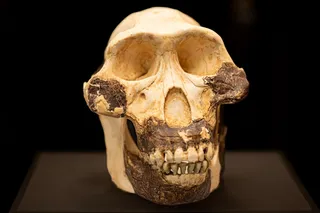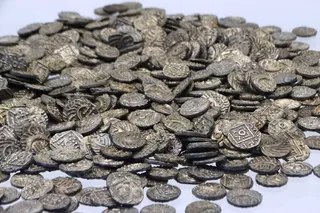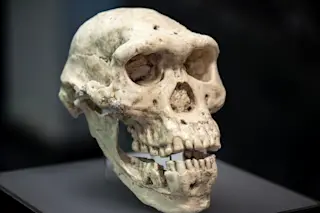The post below is probably going to elicit a lot of comments. Some of it will repeat chestnuts of historical wisdom which illustrate the ignorance of the typical modern. For example, it is false that the lower classes always have more children than the upper classes. In general it is the reverse, because the lower orders are more squeezed on the Malthusian margins (this explains how downward social mobility worked in early modern Europe; the less successful children of the elites drifted down to replace the masses who were not replacing themselves). In any case, Angela M. Cable asks:
Has it not occurred to anyone that perhaps the more educated a woman is, the less she *wants* children. How do we know these women are not child-free as opposed to child-less?
If I was Angela I would go look for the literature on this. I'm not one to ask questions ...













